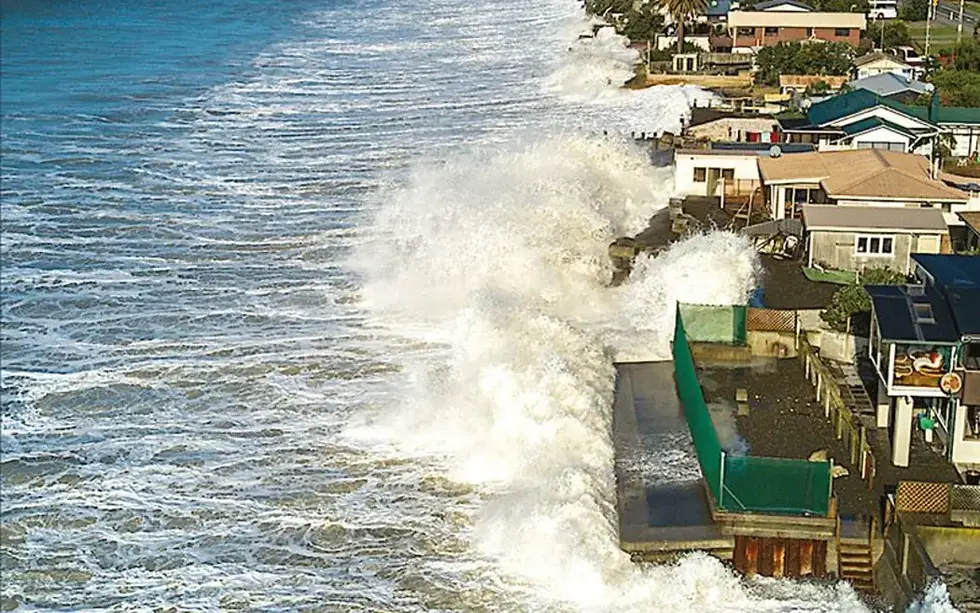Urbanism : Aquatic urbanization
- charlotteselve8
- 27 août 2023
- 2 min de lecture
Dernière mise à jour : 2 sept. 2023
Exploring the Unknown: Oceans, Urbanization, and Beyond
Covering two-thirds of our planet and hosting a staggering 80% of terrestrial life, our oceans remain vast and mysterious realms, largely uncharted and unexplored.
While some dedicated scientists and organizations are committed to preserving marine ecosystems, our relationship with the ocean largely revolves around fishing, commercial trade, and transportation. Despite their incredible ecological significance, marine environments continue to be largely overlooked, offering both a source of inspiration for fiction and untapped potential for development.
Embracing New Frontiers in Aquatic Urbanization
The concept of oceanic urbanization is no longer confined to the realm of science fiction. Historically, waterfront and waterborne constructions were driven by commercial, political, and military interests. In the present day, these structures also serve purposes such as harnessing energy infrastructure, facilitating international trade, and boosting tourism.
Looking ahead, thanks to technological innovations, these constructions are evolving to meet the challenges posed by population growth and climate change. In 2023, the development of artificial cities in the open sea has become a reality.
Maritime floating cities, while raising ethical questions, represent a viable solution for sustainable urbanization and climate adaptation. In the face of challenges like rising sea levels, our societies demand innovative solutions, and the creation of artificial cities is emerging as a practical and high-potential option.
As exemplified by the pressing issue of rising sea levels, we require fresh perspectives and proactive measures to address these challenges. While the development of such cities raises numerous questions and hurdles, they are increasingly seen as a realistic and promising solution. Therefore, understanding the intricacies of these endeavors, including the political, social, financial, and technical aspects of their implementation, becomes crucial for steering the necessary changes intelligently.
Latest Developments in Aquatic Urbanization
Recent developments in aquatic urbanization have been remarkable. In 2021, the world witnessed the inauguration of Oceanix City, a concept for a floating city designed to be resilient to climate change and natural disasters. This project, developed in collaboration with the United Nations, showcases the potential of sustainable urbanization in marine environments.
Additionally, OceanGate's TITAN, the submarine prototype lost during an expedition to the Titanic wreck, has spurred renewed interest in underwater exploration and research. The incident has prompted discussions about the importance of advancing technology and safety measures for exploring the deep sea.
As we navigate this uncharted territory of aquatic urbanization, we find ourselves at a crossroads of innovation and sustainability. The future holds the promise of floating cities that can adapt to the challenges of our changing world, and it's an exciting journey to be a part of.


Commentaires